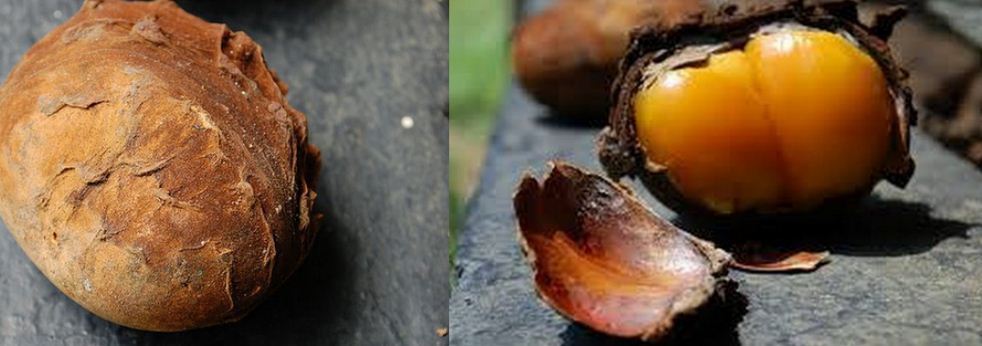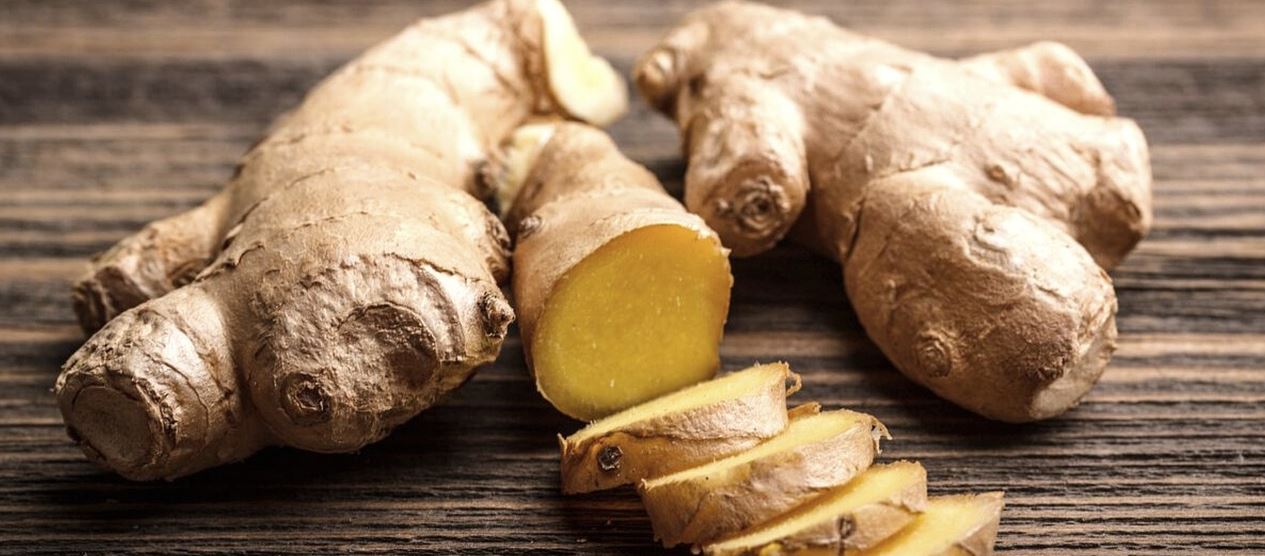Health Benefits of Miracle Leaves

You might find Miracle Leaf or Bryophyllum pinnatum, the dark green leafy plant growing in the garden or put in pots, a little more ordinary. It is not just a beautiful plant; it is filled with things that help us feel better. Miracle leaf benefits can be achieved if one chews it, drinks it as tea, or makes it paste.
I studied the facts to bring you five miracle leaf health benefits that can make a difference in your life, wherever you may be. Plus, I’ll share easy ways to use it. Let’s see why miracle leaf is a plant worth knowing about!
Why Miracle Leaf Stands Out
Miracle Leaf is a warm-loving plant from Madagascar and India to tropical Africa. It has been a renowned herbalist of traditional healing for ages. This succulent, which belongs to the Crassulaceae family, has fleshy leaves that contain vitamins, minerals, and compounds such as flavonoids and alkaloids.
About fifty grams of a handful of leaves is not heavy but rich. I’ve narrowed down a list of 15 benefits to five that science backs and that matters most for your health. Miracle leaf nutrition offers stronger immunity, less inflammation, and a happier belly with green juice support! Let's look at these five benefits and how they can help.
Amazing Health Benefits of Miracle Leaf: 5 Surprising Ones.
1. Boosts Your Immunity
Miracle leaves help you stay healthy and prevent illness. Packed with vitamin C, much more than most fruits, this vitamin helps your immune system ward off colds and infections. The National Institutes of Health state that vitamin C is key to keeping the body ready, and miracle leaves provide it naturally.
It also contains antioxidants such as flavonoids, which protect our cells from damage. Regularly using miracle leaf builds a shield around your health so that you can continue your activities, like playing outside or hanging with friends, without catching the sniffles.
How It Works
Vitamin C helps white blood cells move, and antioxidants help keep you strong against bad stuff in everyday life.
How to Use Miracle Leaf for Immunity
Chew a few fresh leaves for a quick boost
Miracle Leaf Benefits and Uses. Add Miracle Leaf to Stew and Eat it Over Rice.
2. Reduces Inflammation
When your body aches, like after a bump or long day, miracle leaf calms it. A 2017 Nutrients study found that flavonoids and other miracle leaf compounds reduce inflammation. Miracle leaf is also used for pain relief. It can make a swollen knee or sore muscles feel much better without any pills or drugs. Many people have been using miracle leaf to treat arthritis or any other small injury, as it is a natural way to allow you to move comfortably.
How It Works
Flavonoids prevent your body from making swelling-causing substances, which makes you feel less stiff and sore.
How to Enjoy Miracle Leaf for Inflammation
Mash leaves into a paste and rub it on sore spots
Add chopped leaves to a salad for an anti-swelling bite
3. Helps Digestion and Keeps It Smooth
A happy tummy makes everything nicer, and miracle leaf can ensure that. Use it while cooking or make a chutney. It has fiber, about 1-2 grams in a handful, that keeps food moving so you don’t feel bloated. The juicy leaves of the miracle leaf contain water that helps to go to the washroom quickly. The Nutrients 2017 research shows the importance of fiber, while the miracle leaf nutrition gives your fiber naturally. Taking this through eating or drinking calms your stomach regularly so you can eat without any issues.
How It Works
Fiber makes food move, and water makes it easy: this combo helps digestion go smoothly!
How to Use Miracle Leaf for Digestion
Chew leaves after a big meal to settle your stomach
Mix it in a miracle leaf recipe smoothie with pineapple.
4. Supports Wound Healing
Got a cut or scrape? Miracle leaf can help it heal faster. According to a 2022 Journal of Cosmetic Dermatology study, the alkaloids and flavonoids found in it improve the skin's repair process. For centuries, people have been grinding up Miracle Leaf and putting it on their wounds because it keeps them close while fighting germs. Incorporating Miracle Leaf's health advantages in your first aid kit is a quick way to heal small injuries naturally.
How It Works
Alkaloids kill germs, and flavonoids help repair the skin, so cuts heal quickly.
How to Enjoy Miracle Leaf for Wound Healing
Mash fresh leaves and spread them on a clean cut
Mix leaf juice with a bit of water and dab it on scrapes
5. Keeps Blood Sugar Steady
Miracle leaf might help monitor your blood sugar levels. It has substances like zinc and flavonoids that lower blood sugar, as claimed in a study on diabetic rats in Nutrients 2017. It won’t cure you, but it works with your body to keep you balanced, which is excellent if you want to stay healthy after eating sweet things. Getting Miracle Leaf Nutrition often can be a little step toward maintaining steady energy throughout the day.
How It Works
Flavonoids are known to slow sugar spikes, and zinc helps your body use sugar better and keep levels steady.
How to Use Miracle Leaf for Blood Sugar
Sip leaf tea before a sugary snack to ease the spike
Chew a leaf with breakfast for a balanced start
What’s Inside Miracle Leaf?
About 50 grams of miracle leaf offers this.
It has a total of only 20 calories!
Water: 90%—keeps you hydrated.
Fiber: 1-2 grams—helps your tummy.
Vitamin C is essential for immunity.
Fights inflammation and germs due to flavonoids and alkaloids.
Zinc and other support sugar balance.
According to the USDA, the above benefits are true, and I agree. Miracle leaf nutrition is green, simple, and powerful.
How to Add Miracle Leaf to Your Diet Every Day
Growing miracle leaves is easy at home or in tropical markets, and they are easy to use. You can add miracle leaf recipes to your routine no matter where you are.
Breakfast Ideas
You may eat a couple of miracle leaves raw.
You can make a smoothie with the leaves, mango, and water.
Infuse the leaves and brew tea by boiling.
Lunch Options
Chop the leaves into your greens with a light dressing.
Soup Booster: Add leaves to vegetable soup for extra nutrition.
Slap some leaves in a sandwich that includes turkey to give it some crunch.
Dinner Suggestions
Toss some leaves into a warming vegetable stew.
Grill Add: Garlic, crushed with leaves for use on fish.
Add the chopped veg to the rice and a touch of salt.
Snack Solutions
When you’re peckish, chew the leaves.
Cool Drink: Blend leaves with water and ice to get a nice drink.
Use leaves pats in a hummus-style dip and smear on crackers.
Why Miracle Leaf Is Worth It
Miracle leaf is an excellent plant. It’s native, green, juicy, and good for you (and your garden, too). This plant is grown in warm places worldwide, often free in the garden. It goes along with any meal and routine. The five miracle leaf benefits are promoting immunity, reducing swelling, smoothing digestion, fast healing, and maintaining sugar levels.
Incorporate miracle leaves into your diet little by little; perhaps have a leaf a day and see the difference. Your body will thank you. Try these miracle leaf recipes and let me know how they go. It is an easy way to get your health and happiness on track.




